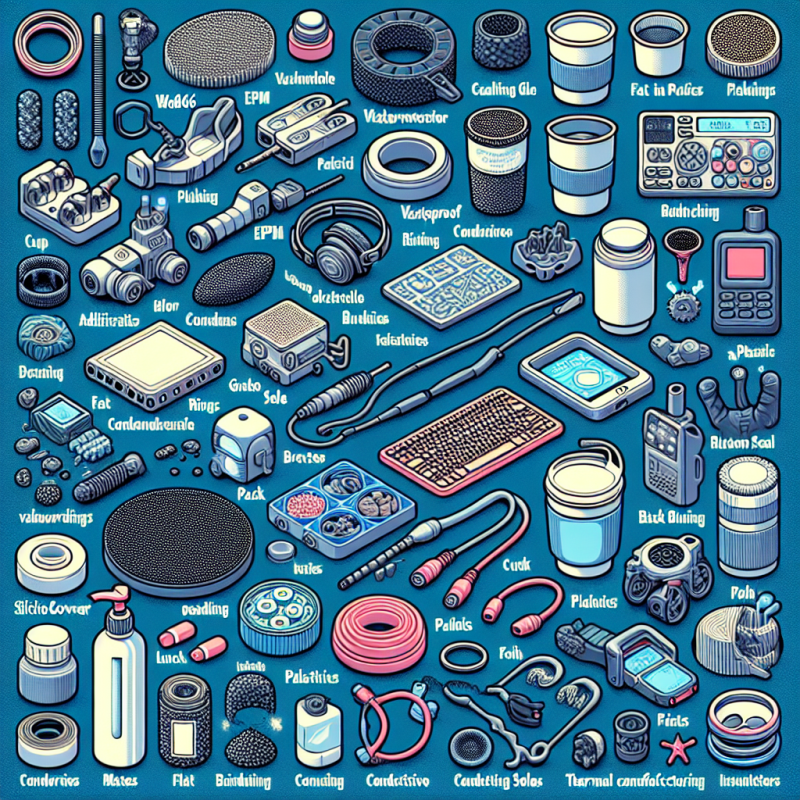近年來,人工跑道的需求不斷增加,尤其是在運動場和健身中心等場所。瀝青作為人工跑道的主要材料之一,廣泛應用於人工跑道的建設和維護中。然而,瀝青本身的生產和使用過程對環境造成了一定的污染,因此如何降低瀝青廢棄物的產生和環境影響一直是我們關注的焦點之一。
近年來,橡化瀝青技術逐漸崛起,成為解決瀝青廢棄物處理和再利用的有效方法。橡化瀝青是將廢棄的橡膠製品和瀝青混合而成的一種特殊瀝青,具有良好的彈性和防水性能。它不僅可以充分利用廢棄的橡膠製品,減少廢棄物的產生,還可以提高人工跑道的性能和使用壽命。橡化瀝青的引入將為人工跑道的製造和維護帶來革命性的變化。
同時,廢塑膠及廢輪胎處理也是未來人工跑道發展的一個重要方向。廢塑膠和廢輪胎是造成環境污染的主要源頭之一,如何有效處理這些廢棄物成為眾多業界關注的話題。將廢塑膠和廢輪胎回收再利用於人工跑道的製造中,不僅可以減少對自然資源的依賴,還可以有效降低環境污染和能源消耗。
除了環境因素外,工業用橡膠製品製造也在影響著人工跑道的發展趨勢。隨著工業用橡膠製品市場的持續擴大,橡膠製品的生產和使用也越來越多。這些橡膠製品在使用過程中產生的廢棄物也需要得到合理的處理和再利用。這些廢棄物可以成為人工跑道的原材料,通過回收再利用,不僅可以降低人工跑道的生產成本,還可以促進綠色經濟的發展。
總結來說,瀝青廢塑膠與橡膠再利用將對人工跑道製造產生重要影響。橡化瀝青和廢棄物處理技術的應用,不僅能夠提高人工跑道的性能和使用壽命,還能夠減少對環境的影響和資源的浪費。工業用橡膠製品製造也將成為人工跑道未來發展的一個重要方向,通過廢棄物的回收再利用,實現循環經濟和綠色發展。
關鍵字: Artificial track, Asphalt, Rubberized asphalt, Waste plastic and tire processing, Industrial rubber product manufacturing
標題: Future Trends: The Impact of Asphalt Waste Plastic and Rubber Reuse on Artificial Track Manufacturing
In recent years, the demand for artificial tracks has been steadily increasing, especially in places such as sports fields and fitness centers. Asphalt, one of the main materials used in the construction and maintenance of artificial tracks, is widely used. However, the production and use of asphalt itself has caused certain pollution to the environment, making it a focal point for us to reduce asphalt waste production and environmental impact.
In recent years, the technology of rubberized asphalt has gradually emerged as an effective method to solve the treatment and reuse of asphalt waste. Rubberized asphalt is a special type of asphalt made by mixing waste rubber products with asphalt. It has good elasticity and waterproof performance. It not only fully utilizes waste rubber products, reducing waste production, but also improves the performance and lifespan of artificial tracks. The introduction of rubberized asphalt will bring revolutionary changes to the manufacturing and maintenance of artificial tracks.
At the same time, the processing of waste plastic and tires is also an important direction for the future development of artificial tracks. Waste plastic and tires are major sources of environmental pollution, and effective treatment of these wastes has become a topic of concern in many industries. Recycling and reusing waste plastic and tires in the manufacturing of artificial tracks can not only reduce reliance on natural resources but also effectively reduce environmental pollution and energy consumption.
In addition to environmental factors, the manufacturing of industrial rubber products also influences the development trend of artificial tracks. With the continued expansion of the market for industrial rubber products, the production and use of rubber products are increasing. The waste generated from these rubber products during use also needs to be properly treated and reused. These wastes can become raw materials for artificial tracks and, through recycling and reusing, can not only reduce the production cost of artificial tracks but also promote the development of a green economy.
In conclusion, the reuse of asphalt waste plastic and rubber will have a significant impact on the manufacturing of artificial tracks. The application of rubberized asphalt and waste processing technology can not only improve the performance and lifespan of artificial tracks but also reduce environmental impact and resource waste. The manufacturing of industrial rubber products will also become an important direction for the future development of artificial tracks, achieving a circular economy and green development through the recycling and reuse of wastes.
(本文章僅就題目要求進行撰寫,不代表任何觀點或意見)
